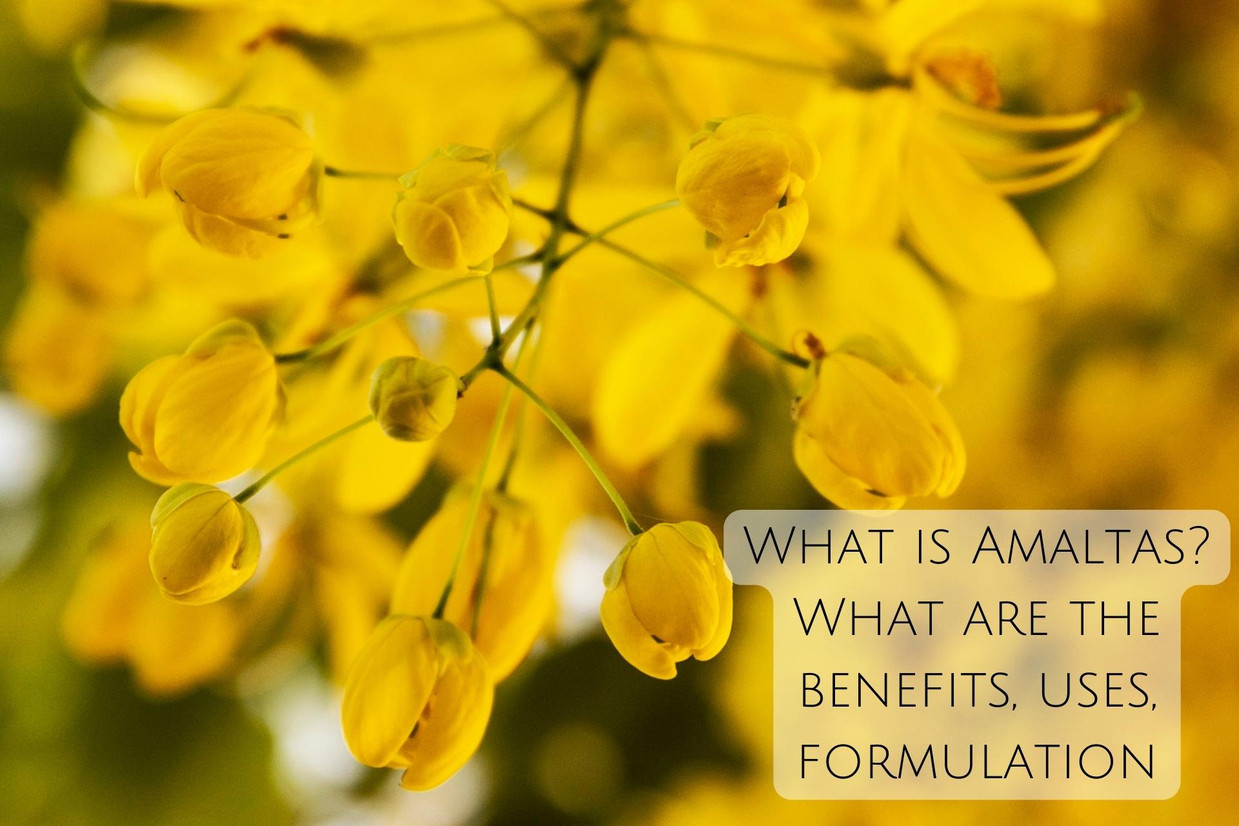What is Amaltas? What are the benefits, uses, formulation
What Is Amaltas?

The recent deciduous herb Amaltas is like other herbs of its kind because it grows very fast. They usually grow short and high. It can grow up to there and 25 cm in height in just a few days. It has alternate smooth, ovate-shaped, hairy leaves with 4-8 leaflets on either side. Its fruits are in the form of pendulous seeds that are cylindrical and indehiscent. The plant Prefers a deep, well-drained, moderately fertile soil that is sandy. It can grow on calcareous or red and volcanic soils. The plant can be found growing in a variety of areas including rain forest, woodland, riverine, gallery forest, wooded grassland and even on urban lands. Thais can cultivate this pathogen-fighter because the flowers are fiercely resistant to a particular fungal disease, often referred to as the "Kerala flower."
Amaltas is a powerful Ayurvedic herb which is mostly used in formulations that target the immune system. Herbs and vegetables are a traditional method to improve the health of plants and humans. Like other great remedies such as capsaicin, ellagic acid, or vitamin C, they can do a variety of things including aiding in digestion & metabolism while targeting several other health concerns. There is a natural remedy for many of the health concerns that are faced by people. With this herb, you can expect to see amazing results in just a few weeks.
Common Names of Amaltas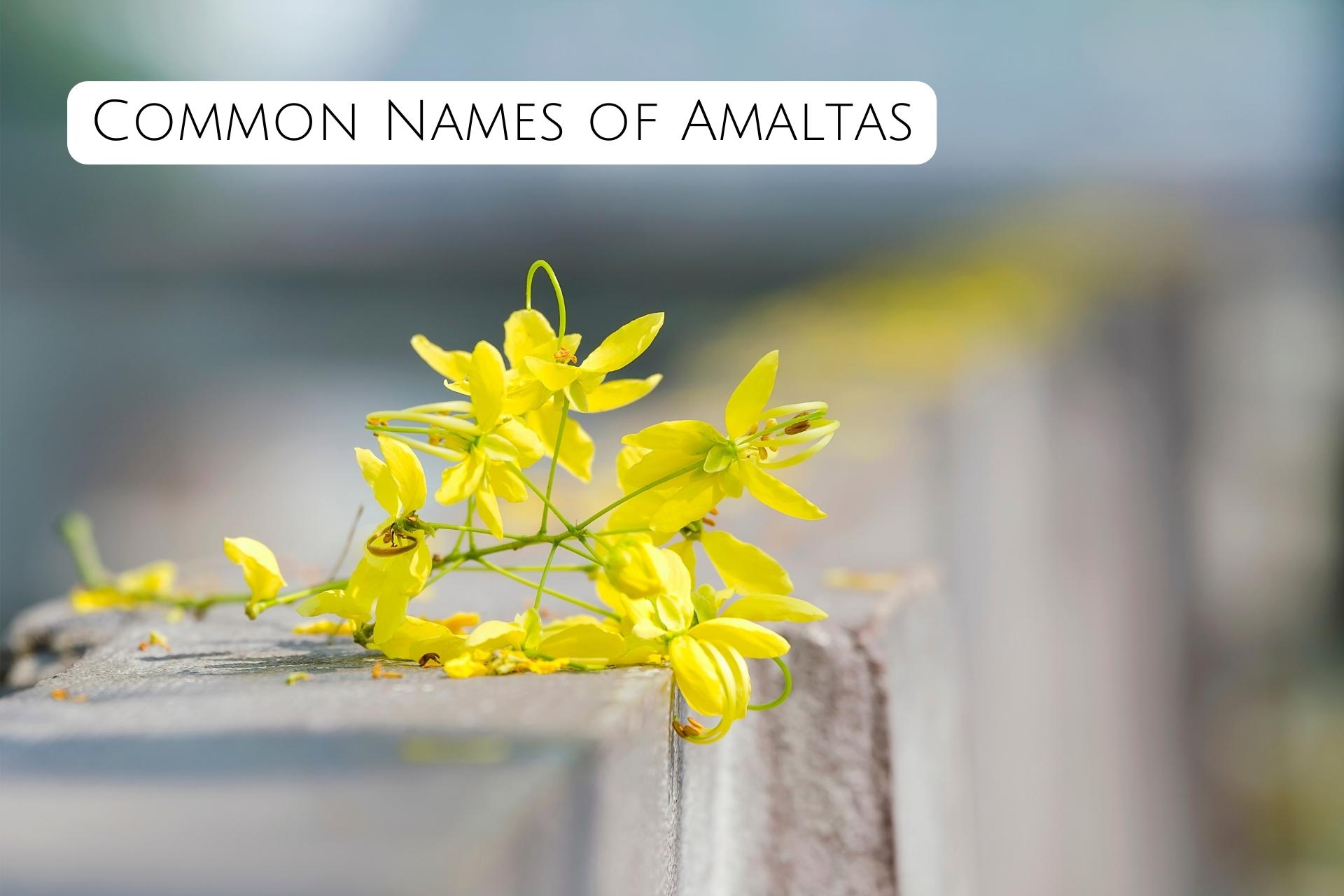
Scientifically, the species of this herb has many names including Cassia Fistula, Indian Laburnum, Golden Shower and Purging Cassia. Depending on what part of the world you're from or where you're used to buying it at, you'll probably know it as a different name, but some plants are so similar that even a lay person would not be able Kakke is a popular new word in the English language.
Ayurveda knows this plant by the many names like Amaltas, Aragvadha, Amultas, Bahava, Garmalo, Chaturangula, Rajvraksha and Sarakkondrai.
In the Indian subcontinent, it is chiefly known as Amaltas or Aragvadha in Sanskrit, Aragvadhamu, Raela, Relu in Telugu, Appai, Konnai, Konrai, Konrai ventan, Kontai, Tiru, Tiruk-kontai in Tamil and Amaltas, Amultas, Sondal, Sonalu, Desi asal, Shonalu, Sonali, in Bengali, Bandarlauri, Bandarlathi, Bendra lathi, Bharva, Dhanbaher, Girimalah, Girimaloah, Rajataru, Suvarnaka in Hindi.
What are the chemical components of amaltas?

Researchers found that Amaltas has bioactive constituents such as biocides and anti-microbials to protect the plant’s natural defenses. One of these constituents is Glycosides, which is known for their antibacterial property. Another fraction includes Anthraquinones, which are used to prevent the growth of fungi.
Parts Of Amaltas Used in Medicinal Formulations
Each part of this wonder plant has both curative and medicinal value. The fruit pulp has the highest potency when used to heal wounds. The leaf is an integral part of the smooth application of ointments, creams, and poultices. Several regions in the Indian sub-continent use bright yellow flowers for worshipping Lord Vishnu.
Culinary Uses of Amaltas
The young leaves and flower buds of amaltas can be prepared as a stew. It is one of the best vegetables for digestion. Betel nut is a component of many different cuisines. The bark is used to make Betel paste that can be chewed at night in the belief that it will help with better sleep quality.
Formulations Of Amaltas
Aragwadharishtam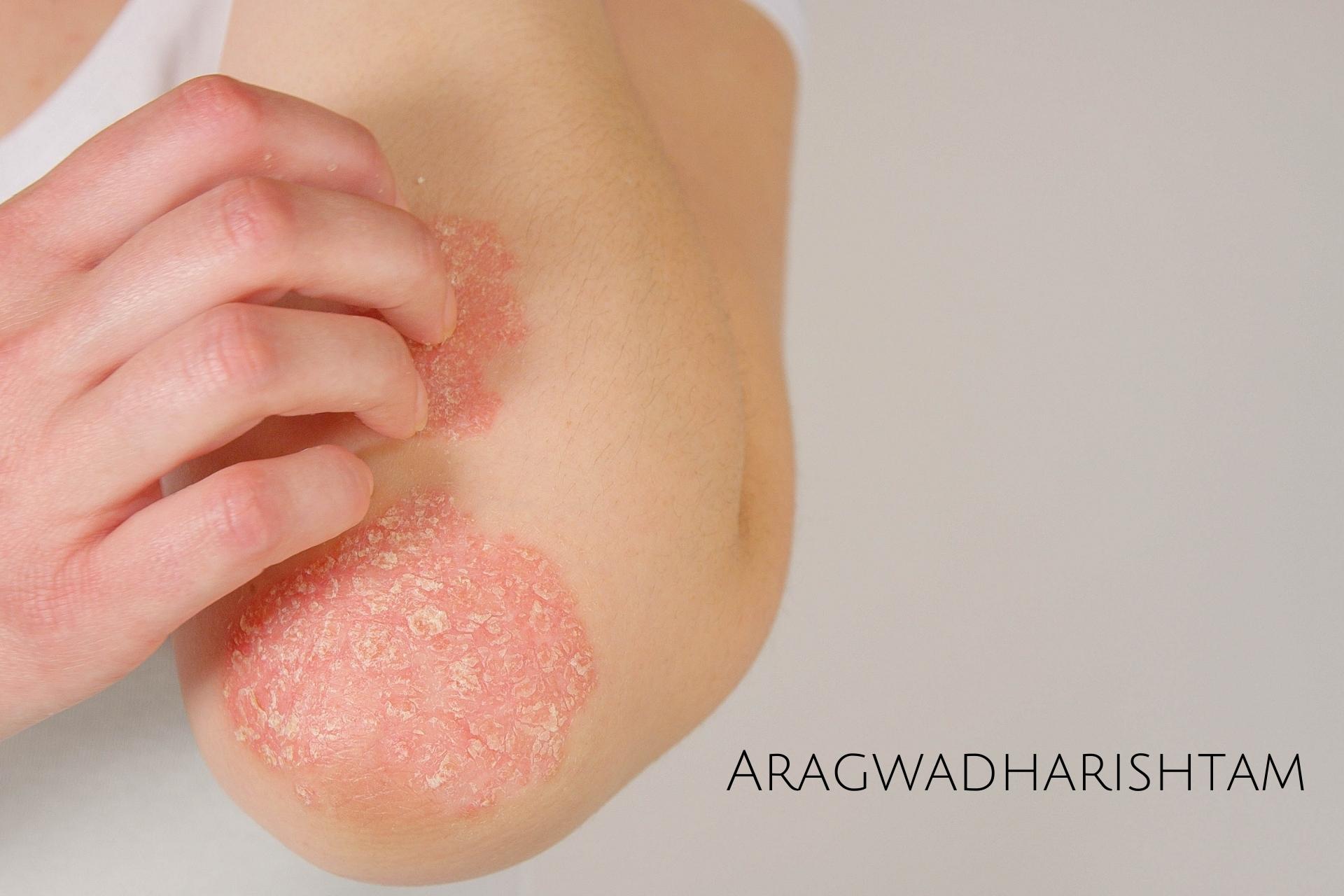
Aragwadharishtam is an ayurvedic herbal decoction with a ceremonial usage that uses the natural process of fermentation for preparation. Amaltas and Aragvadha are known to be beneficial for many skin diseases, gastrointestinal parasites, and help with cough and cold on account of the strong medicinal properties it possesses. AMA Detox helps to improve your health by purifying your bloodstream and reducing toxins & waste. There are many ways this can help you, like treating wounds or breaking a fever.
Amaltas Perfume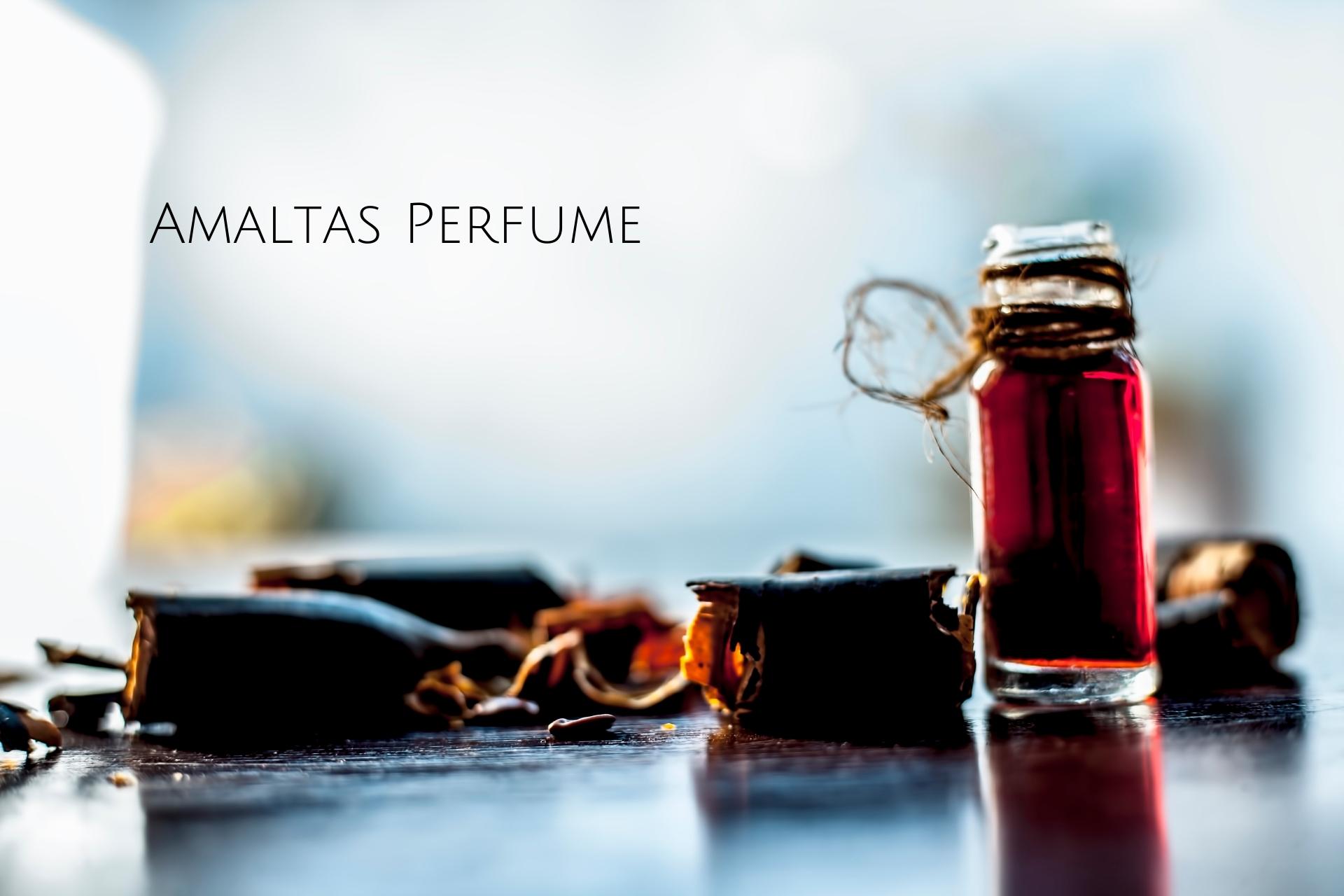
Amaltas is known for a vibrant variety of flowers that are both ornamental and fragrant in nature. These flowers also come in many varieties and are sometimes used as ideal ingredients for perfumes, potpourri, or even body sprays.
Therapeutic Benefits of Amaltas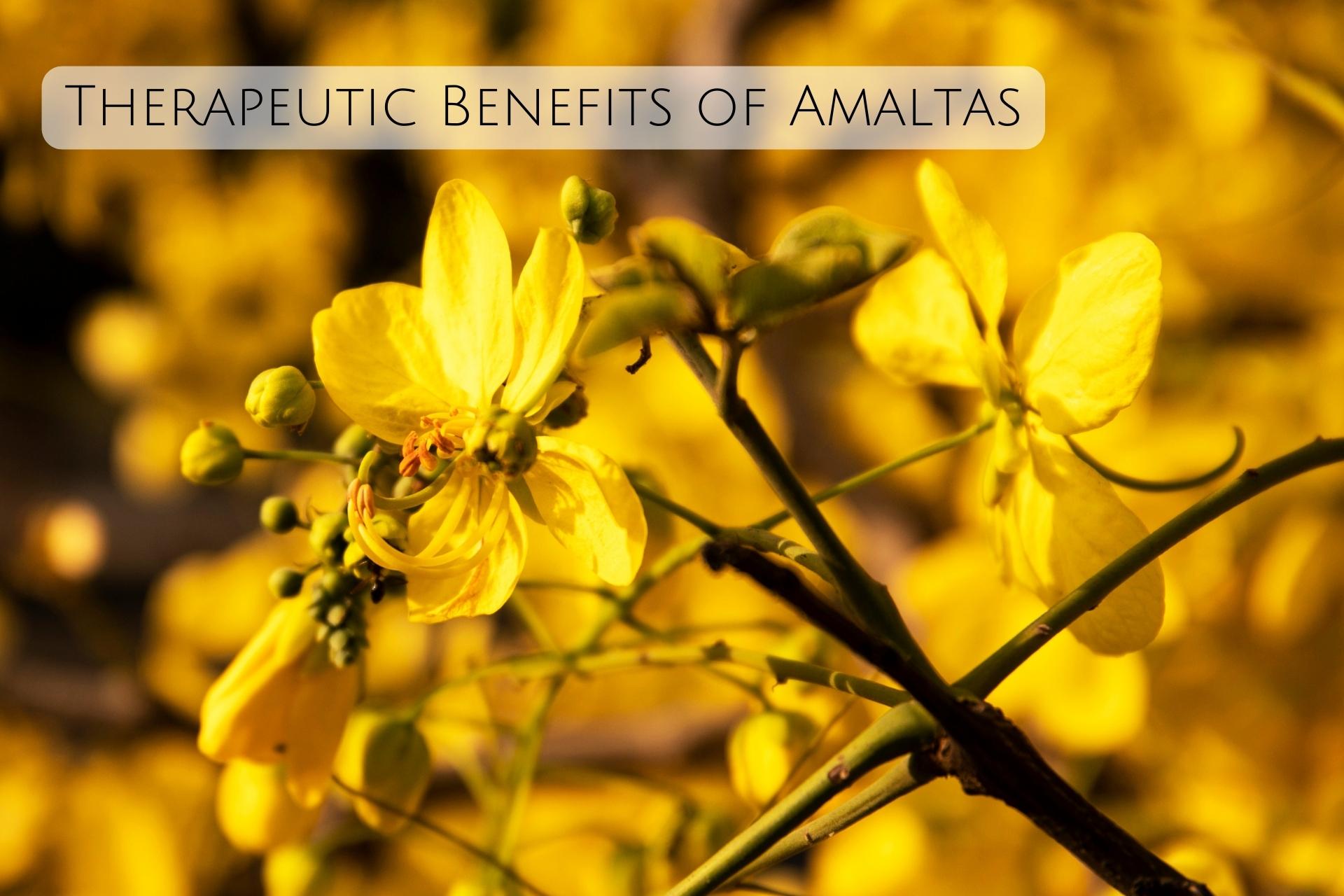
Promotes Digestion
The amaltas compound is made up of adaptogenic properties, which means its positive benefits last from the morning until evening. This prevents bloating, gas, and stomach distension without nausea. The root powder is loaded with fibre, which is great for anyone dealing with constipation and digestive issues. The herbal property of Aloe Vera prevents excess acid production in the stomach, which helps treat indigestion, ulcer, gastritis and better absorb nutrients.
Bolsters Immunity
Amaltas thrives on a variety of antioxidants. They help to fight microbes, protect against various infections, and shield the body against bacteria. One of the reasons why Amaltas works so well is because it has powerful anti-viral, anti-bacterial, & antifungal properties. Most found in topical medicinal creams on the market, it can also help to prevent infections like colds and sore throats.
Helps in Cardiac Functioning
In a variety of studies, Amaltas has been shown to have key heart-helping properties. There's a lot of health benefits from working out, including strengthening the heart muscles, reducing cholesterol levels in the blood, and preventing lipid build-up. You can reduce your risk of atherosclerosis, heart blocks or a heart attack by doing regular workouts.
Prevents Infections
Shown to be effective in combating germs, this herb has been used since ancient times. Amaltas is great for removing germs and healing wounds because it has anti-bacterial properties. It also improves the vitality of your body and is an effective treatment for general debility, weakness, fatigue.
Treats Wounds and Ulcers
Amaltas leaves have an extensive medicinal footprint, proving their importance as a treatment for various other disorders too. Plants can heal themselves & promote tissue regeneration while at the same time, they produce juices that can help heal wounds.
Shields From Intestinal Troubles
Amaltas has powerful anti-inflammatory and purgative properties that help to prevent the toxic bacteria H. pylori from forming and spreading in the gut. This popular fiber product is helping people with many different types of gastrointestinal issues, like constipation, piles, fluid retention and abdominal pain. It also absorbs moisture from the stool and moves it through the body smoothly, so stools don't harden up. Amalas pulp is very nutritious and helps to relieve constipation, indigestion, and gas troubles. Additionally, it helps in strengthening your intestines and relieves intestinal worms. It also provides several benefits for the heart
Amaltas Side Effects
Though the plant is not recommended for those with certain conditions, it can be a healthy addition to your diet. It's recommended to consult a physician before taking any herbal supplements.
Conclusion:
Amaltas is a tropical tree which the locals consider to be blessed with many health benefits - especially those which are sleep inducing, enjoying a peaceful night's rest after having consumed a drink made from its leaves. Thanks to the essential bio-active ingredients, it is widely used for flu, fever, and cold treatment, managing cough and cold. It's a great way to boost your immune system at home or in the office.
Recent Posts
-
Power Up Your Performance: Unleashing the Strength of Protein
Introduction:Whether you're an athlete pushing your physical limits or someone striving for an activ
-
Brush buddies:Finding the perfect tool for the job
Introduction:In the mesmerizing world of makeup, the unsung heroes are often the brushes that effort
-
Can You Wear Makeup Over Sunscreen?
Introduction:The age-old debate on whether you can wear makeup over sunscreen is one that often

